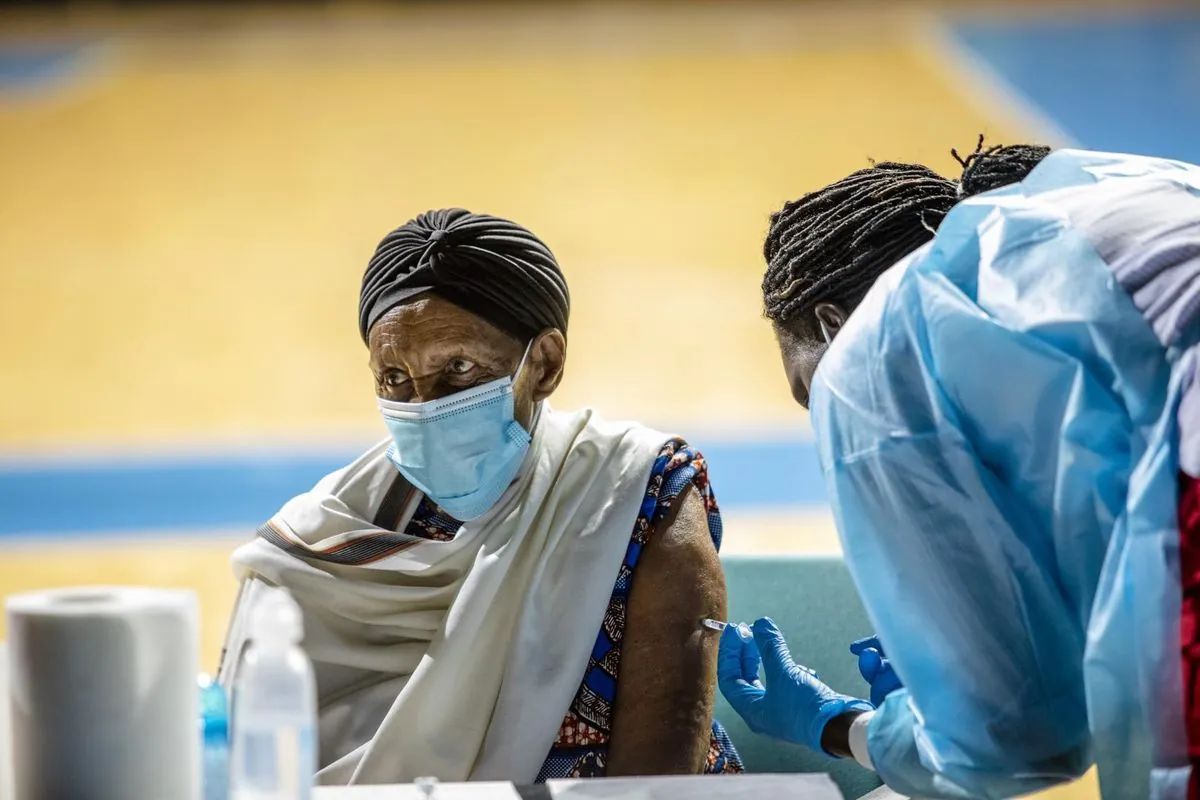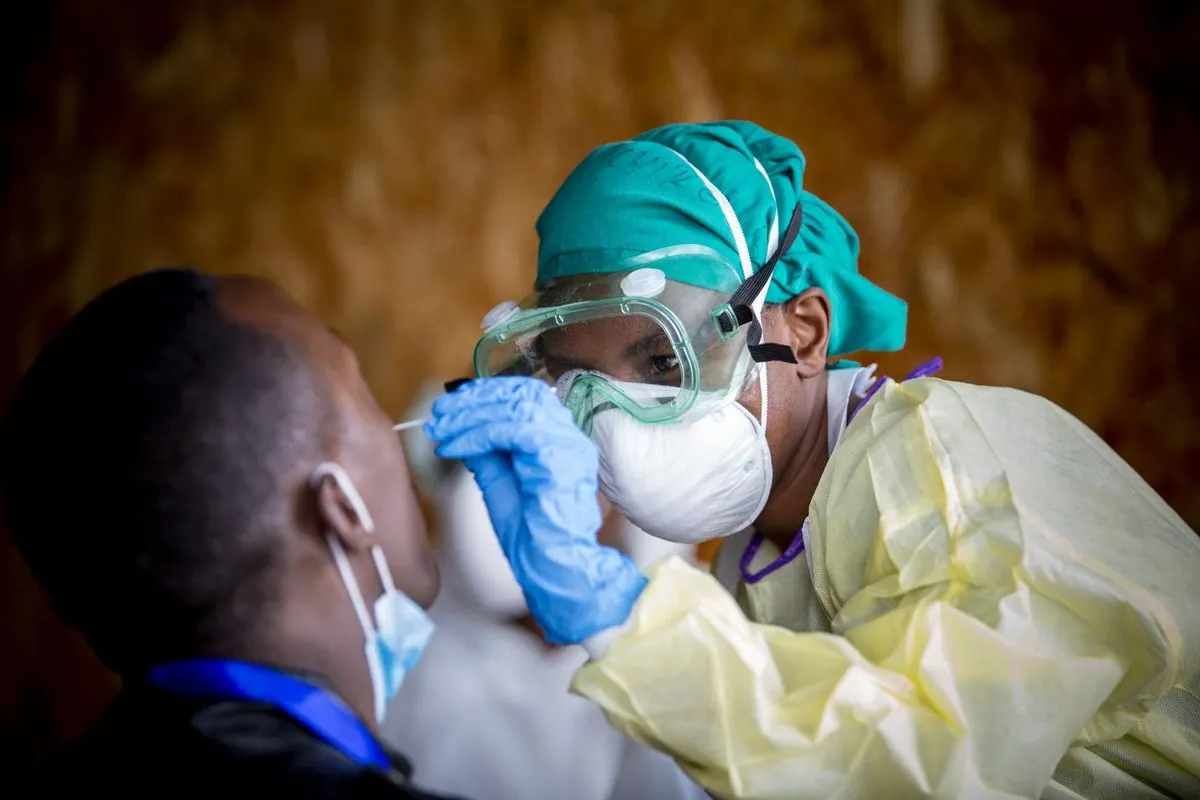Rwanda Launches Marburg Virus Vaccination Campaign Amid Deadly Outbreak
Rwanda initiates Marburg virus vaccinations targeting high-risk individuals as the country grapples with its first outbreak. The health minister expresses confidence in the vaccine's ability to curb the spread.

Rwanda has commenced a vaccination campaign against the Marburg virus, a rare but severe hemorrhagic fever, in response to the country's first outbreak of the disease. Sabin Nsanzimana, Rwanda's Health Minister, announced the initiation of the vaccination program on October 6, 2023, approximately one year ago from today.
The outbreak, first detected in late September 2023, has resulted in 46 cases and 12 fatalities. This marks Rwanda's inaugural encounter with the Marburg virus, which shares similarities with Ebola and can have a fatality rate as high as 88%.
Nsanzimana stated that the vaccination effort would prioritize individuals at highest risk, including healthcare workers in treatment centers, hospitals, intensive care units, and emergency departments, as well as close contacts of confirmed cases. The Sabin Vaccine Institute, a non-profit organization dedicated to vaccine development, has provided vaccine doses to support Rwanda's efforts.

Marburg virus disease, first recognized in 1967 in Germany and Yugoslavia, is transmitted to humans by fruit bats of the Pteropodidae family. The virus spreads through contact with bodily fluids of infected individuals. Symptoms typically appear within 2-21 days after infection and include high fever, severe headaches, and malaise, followed by severe nausea, vomiting, and diarrhea.
Rwanda, with a population of approximately 13 million, has made significant strides in improving its healthcare system since the 1994 genocide. However, this outbreak presents a new challenge for the nation.
"We believe that with vaccines, we have a powerful tool to stop the spread of this virus."
The largest Marburg virus outbreak occurred in Angola in 2004-2005. Other countries in the region, including Uganda, the Democratic Republic of Congo, and Kenya, have also experienced outbreaks. Uganda, Rwanda's neighbor, has a history of dealing with both Marburg and Ebola outbreaks.
It's important to note that while there is no specific treatment for Marburg virus disease, supportive care can improve survival rates. The virus can persist in certain body fluids of survivors for months, emphasizing the need for continued vigilance.
The vaccination campaign in Rwanda represents a significant step in combating the spread of this deadly virus. The first Marburg virus vaccine was approved for use in 2020, providing a new tool in the fight against the disease. As the situation develops, health authorities continue to stress the importance of personal protective equipment and proper hygiene practices to prevent transmission.


































